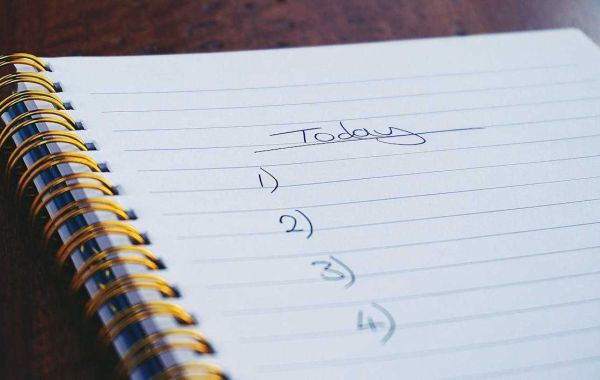“Every day is a new day,” you tell yourself. You try to look at the bright side as you wake up, brewing your morning coffee. Deadlines and numbers run through your head as you put on your work outfit of the day and a smile on your face to hide all the tiredness.
A grueling Monday to Friday awaits, with only two days to recover. It doesn’t really sound like an appealing deal, does it?
Well, what if we could fix that?
What if you were told that just by incorporating a day into the week’s routine, you could streamline your work and personal life?
Author Mark Driskill presents his revolutionary idea in his book, The Earthsday Calendar.
The author furnishes audiences with an improvement to the Gregorian calendar most of us have been accustomed to for over 450 years.
In the read, Driskill proposes an additional “Earthsday” for the week, which will help us in various ways. An even number of days in each week would allow us to increase the number of human-performed jobs by up to 33% while simultaneously decreasing the annual (full-time 40 hours/week) working hours by 12.5% (261 hours a year or just over six 40-hour week equivalents).
Moreover, adding an eighth day to the week will facilitate greater democratization of society. People will have more time off, which they can use to enhance their personal lives and indulge in self-improvement activities. As a result, this will encourage maximum capital and resource utilization. An eighth day will also accelerate cultural and societal improvement. More people will actually look forward to working, showing improvements in productivity and overall distribution of income.
In his book, Driskill proves his analysis and propositions with statistical evidence and projections that make the proposal appealing. An Earthsday will be able to increase the number of available full-time jobs by up to 30%, which is more than if we were to transition to a capital-intensive labor structure. Furthermore, businesses will be able to increase their capital utilization by at least 10-20%.
The author not only provides data and statistical analysis on why Earthsday should be taken into consideration but also educates readers about the history of calendars and their impact on our lives. He furnishes us with an in-depth dissection of the Gregorian Calendar.
Overall, an Earthsday is a viable and necessary option in a day and age where people are struggling with anxiety and depression due to sheer work stress.
Be a part of the change.
The Earthsday Calendar is now available on Amazon.






